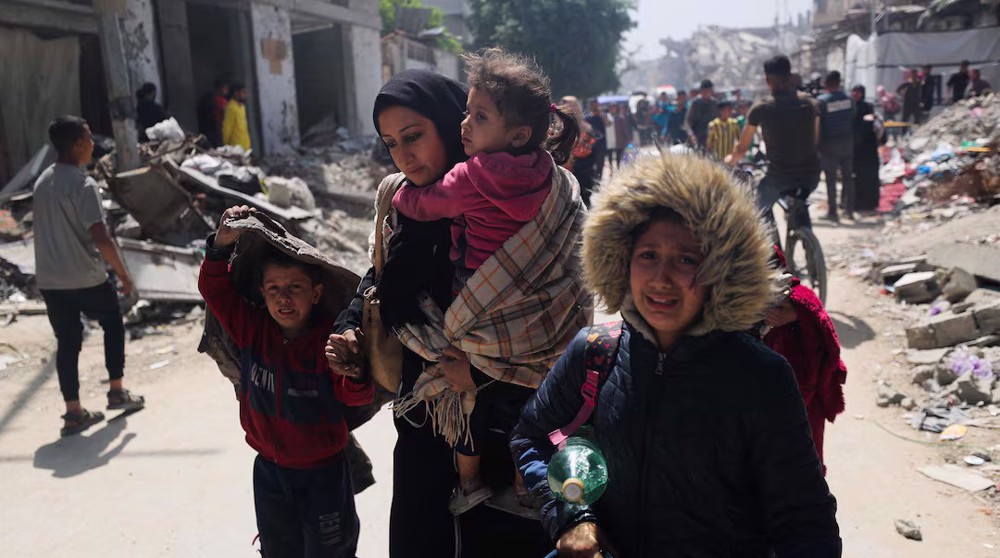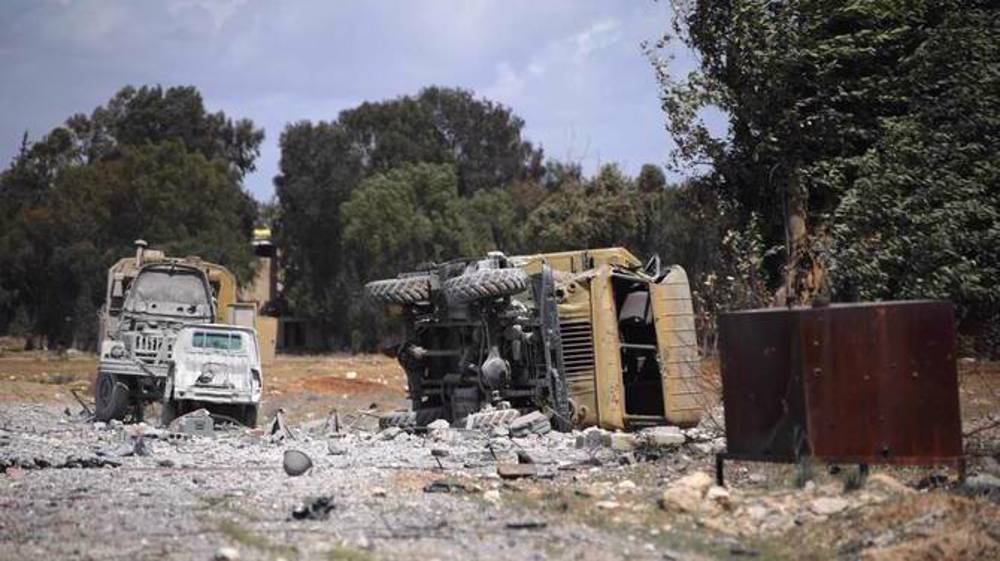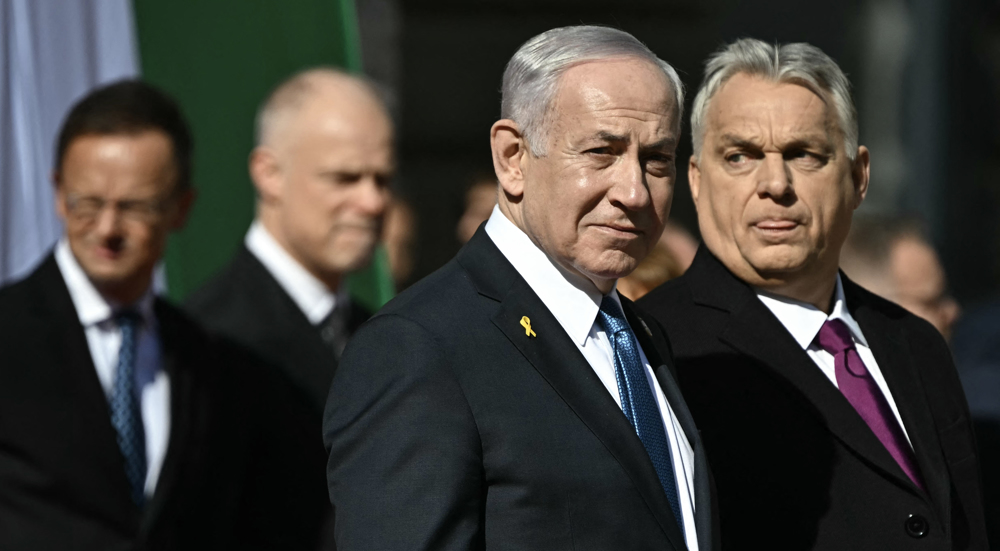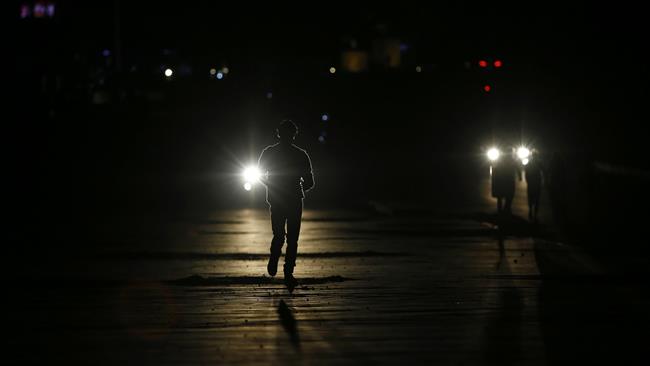World Bank warns of ‘humanitarian crisis’ in Gaza
The World Bank has expressed deep concern about the deteriorating life conditions in the Gaza Strip, saying that constant fuel shortages and frequent power cuts have brought the Israeli-besieged enclave to the brink of a “humanitarian crisis.”
In a report released on Thursday, the international financial institution added that foreign assistance alone would not have significant impact on reviving the stagnant Palestinian economy unless practical and significant changes were made on the ground.
“While in any healthy economy, energy underpins industrial process and economic growth, Gaza faces electricity blackouts every eight hours,” the report quoted the World Bank's West Bank and Gaza director Marina Wes as saying.
“During summer and winter peaks, the scarce electricity supply is increasingly rationed to four hours during daytime,” she added.
Wes further said that the situation had recently become the norm, and the enclave was plunging into darkness during most of the day. “This has created a humanitarian crisis for Gaza’s two million people,” she added.
According to the report, Gaza Strip’s sole power plant frequently runs out of fuel for its generators and the resulted outages affect hospitals, clinics, water supplies, and other vital services. The power cuts have also a crippling effect on household chores.
Wes further touched on the impotent economy of Palestine, which is incapable of creating jobs and incomes. She said that one-third of Palestinians there were out of work and over half of the youths in Gaza were unemployed.
“Gaza in on the verge of a human catastrophe,” she warned.
Last November, the World Bank cautioned that only 10 percent of Palestinians in the blockaded enclave had access to drinking water, and two months earlier, it had announced that Israeli restrictions on the flow of building materials into Gaza had hampered reconstruction efforts in the coastal enclave.
Read more:
- Over 90 percent of water in besieged Gaza unfit for use: Official
- World Bank warns of clean water crisis in Gaza
The report is due to be presented to the Ad Hoc Liaison Committee (AHLC), which has been scheduled to convene in Belgium’s capital of Brussels on May 4.
The 15-member AHLC is a policy-oriented conference with a declared objective of coordinating mechanisms for developing assistance to the Palestinian people. The committee is chaired by Norway and co-sponsored by the United States and the European Union. The World Bank acts as the secretariat of the group.

On December 27, 2008, Israel waged a war on Gaza and its warplanes pounded the enclave for the next five days, before ground troops, aided by tanks, launched a full-scale offensive on the enclave. Up to 1,400 Palestinians were killed in total during the war, which lasted for 22 days.
Five years later, in early July 2014, Israel waged another war on Gaza. The 50-day military aggression, which ended on August 26, 2014, killed nearly 2,200 Palestinians, including 577 children.
Gaza has been blockaded since 2007, a situation that has caused a decline in the standards of living, unprecedented levels of unemployment, and unrelenting poverty.
The apartheid regime of Israel denies about two million people in Gaza their basic rights, such as freedom of movement.

Hundreds of thousands of Gazans flee as Israel occupies Rafah

Iran condemns Israeli attacks on Syria's civilian, military infrastructure

Hungary to quit ICC as fugitive Israeli PM visits European state
Hundreds of thousands of Gazans flee as Israel occupies Rafah
Trump tariffs spark global condemnation as markets crash
Russia blasts Trump’s 'unacceptable' threats of war against Iran
VIDEO | Yemen shoots down another US drone
VIDEO | Israeli killers pursues Palestinians inside the 'Safe Zone'
VIDEO | Press TV's news headlines
Iran condemns Israeli attacks on Syria's civilian, military infrastructure
Israel targets ambulances, health center in Lebanon despite truce







 This makes it easy to access the Press TV website
This makes it easy to access the Press TV website